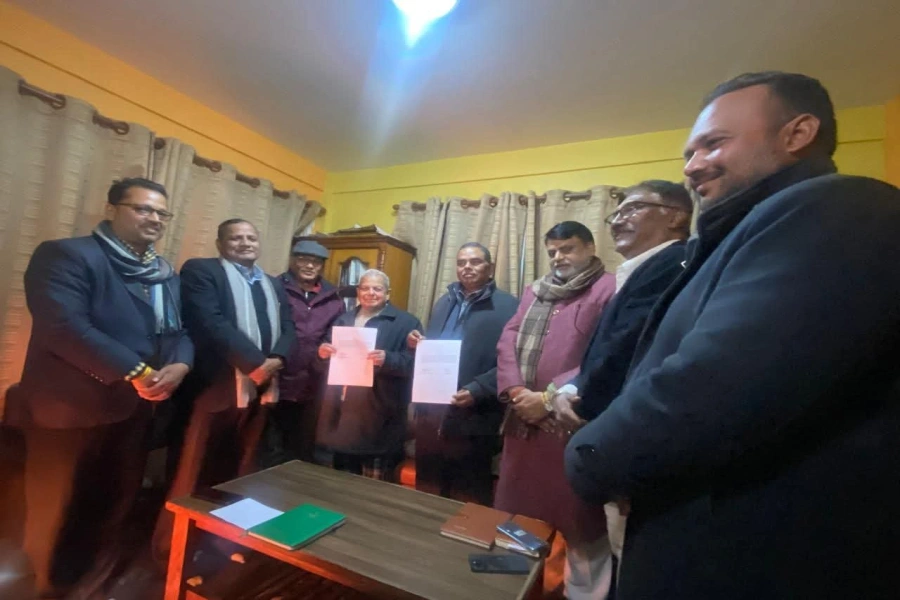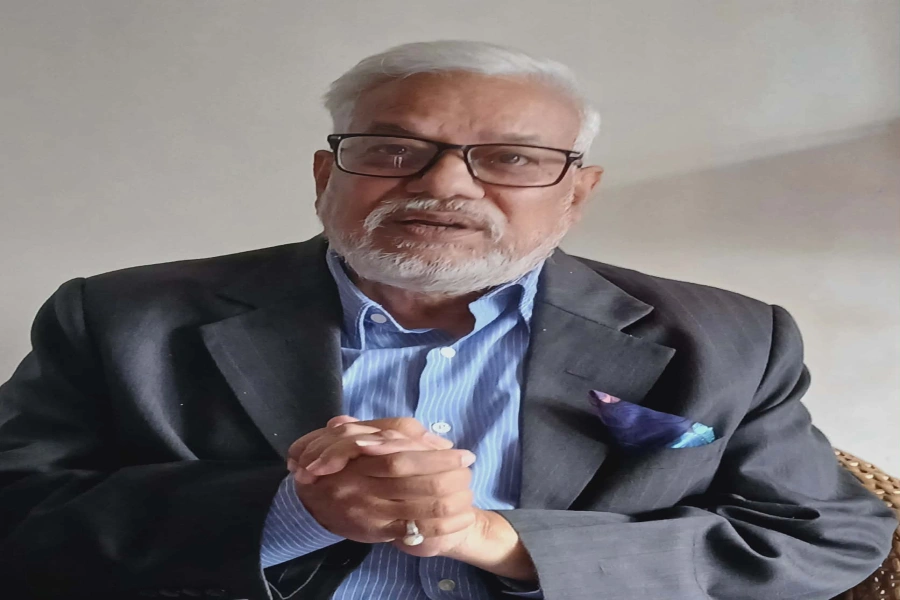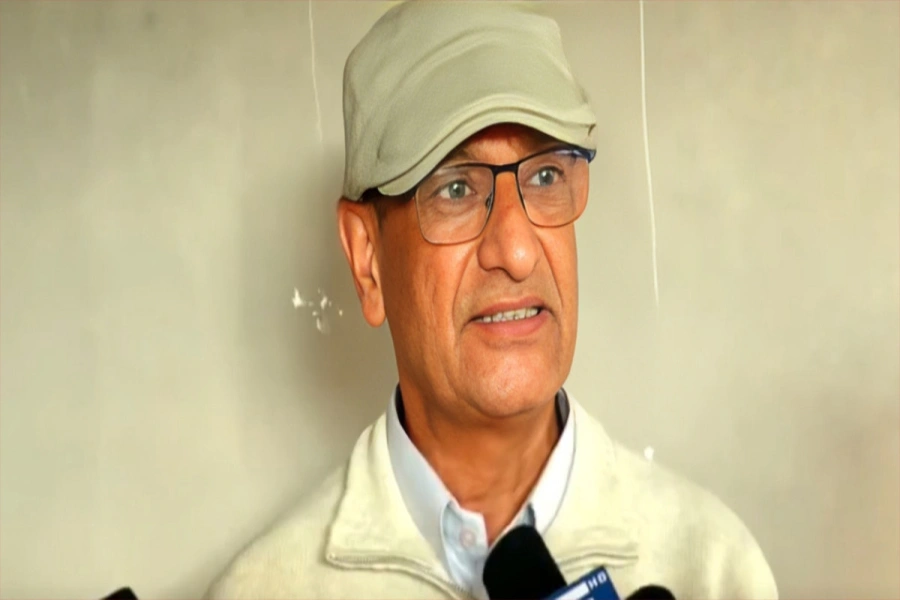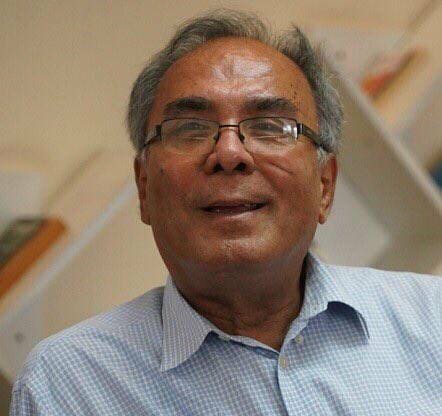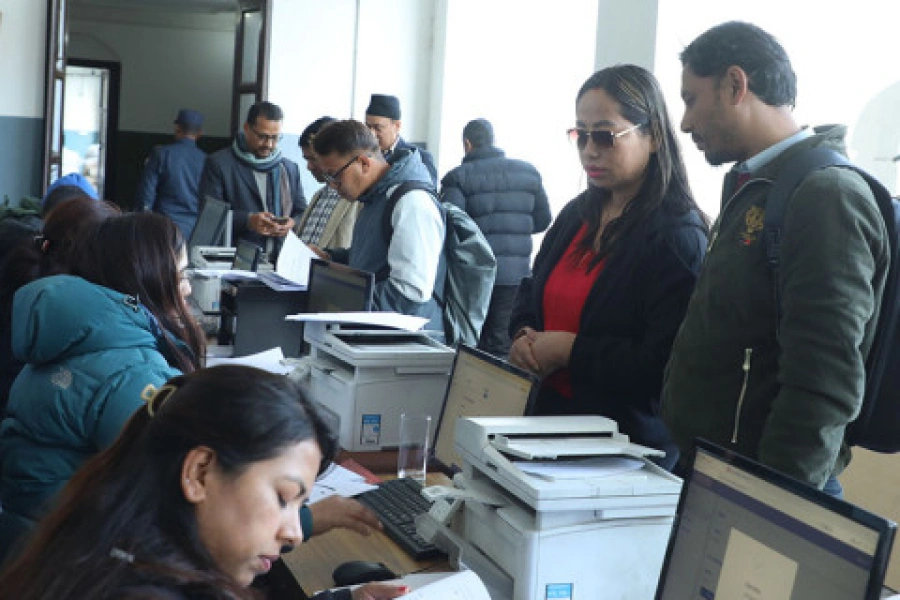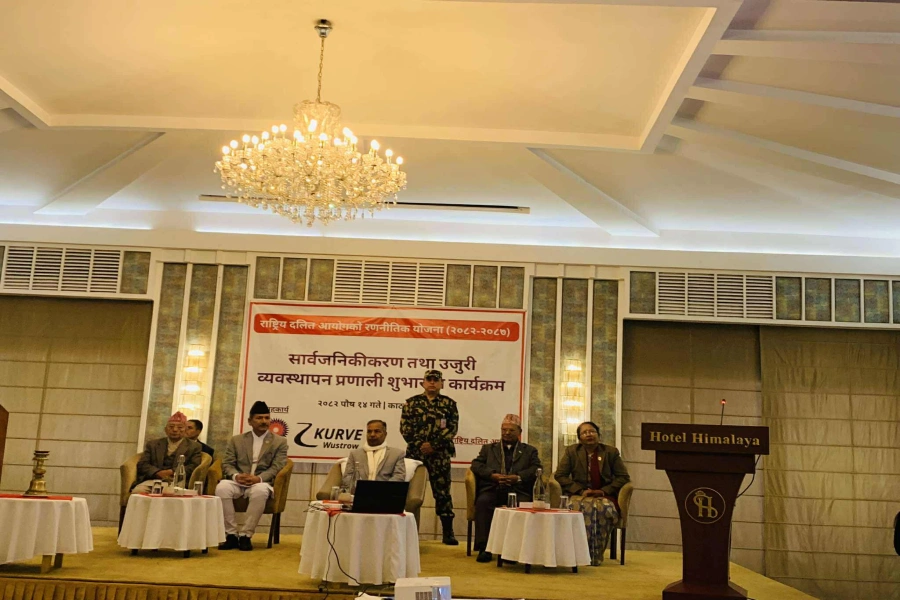Sabrina Dongol, 25, quit her job as an IT professional and started working as a freelance photographer. Photography, she says, came spontaneously. It was almost like second nature. But what started out as a mere hobby soon turned into a full-fledged career. Today, she takes on commissioned photography assignments as well as films documentaries.
Born in the beautiful city of Patan, Dongol always liked taking pictures of the places and people she visited. But it was more of a pastime. At the age of 19, she joined the IT field working in the department of hardware at WorldLink, an internet service provider in Nepal. Soon after, one job followed another and, at 23, she was working as a frontend programmer at an NGO. It was then that she noticed that the mundane office work was starting to get the best of her. “I didn’t feel happy working from nine to five,” she explains adding that a desk job just wasn’t her cup of tea.
However, she thoroughly enjoyed the trips to various places all over Nepal facilitated by her job. According to Dongol, she has been to around 47 districts of Nepal. Her favorite five include: Accham, Illam, Manang, Gorkha, and Birgunj. “During each trip, I religiously took pictures as well as short videos of landscapes and people,” she says.
Taking Better Photos, Part 1

Dongol finally realized she loved taking pictures more than developing websites. So, in 2015, she left her IT job and joined photography classes. There has been no looking back since and she confesses that she’s never been happier. “Traveling and taking pictures has somehow made me more sensible, open-minded, and confident,” she says.
One of many interesting anecdotes on her travels includes a local bus ride to Rukum, in July-August of 2018, where she had to endure heavy pouring rain and three landslides. “The road was all muddy and slippery. We had expected to reach our destination within four hours but the rain hit us so bad that we reached after 14 hours. We were famished,” she recalls. So, when she was able to set foot on a solid, hard ground, she was more than overjoyed. “It was quite a challenge and I was glad to have gone through it without any serious harm,” she adds. Other than that, she mentions, all her journeys have gone smoothly.
Dongol loves trekking and has been to the Annapurna Circuit, Mustang, Lo Manthang, Pikey peak, to name a few. Whenever she travels, she doesn’t forget to take her camera along because, for her, taking pictures and talking to the locals are crucial aspects of any trip. “I like to give all of my pictures a story so I do a little writing as well,” she says and how well she has been able to execute this idea is obvious from her Instagram page (@dehydrated_philsopher).
People come alive in her photos – be it a man drinking morning tea at a village in Lamjung or a black and white picture of the “Gujju Paltan” marching during the Indra Jatra festival. Dongol says that the best thing about traveling in Nepal is the people she meets. They are friendly and helpful. And, of course, the diversity of nature and landscapes also help. According to her, traveling to developing cities like Illam and Birgunj is easy but far-west places are very remote and lack proper transportation system. “But when you travel you see development seeping into places which makes you happy,” she reveals.
However, her shift to photography has had its fair share of hurdles. Dongol claims people don’t take her seriously when she tells them she can travel as well as document places. “Your work has to prove your worth and, after that, the ones who were the most skeptical are the ones who will support you the most,” she says. She laments the lack of a proper photography learning institute or college in Nepal and says that there are many photography enthusiasts who don’t get a chance to hone their skills because of it.
Still Dongol says that not all hope is lost. Her plans for future include making documentaries for different organizations as well as producing travel videos on the lives of people of different places in Nepal. She also predicts that within a few years people in Nepal will start considering photography as a fulfilling and a serious profession rather than just a hobby. “If capturing lives and places is truly one’s passion, it’s perfectly okay to choose to make a living out of it,” she concludes.



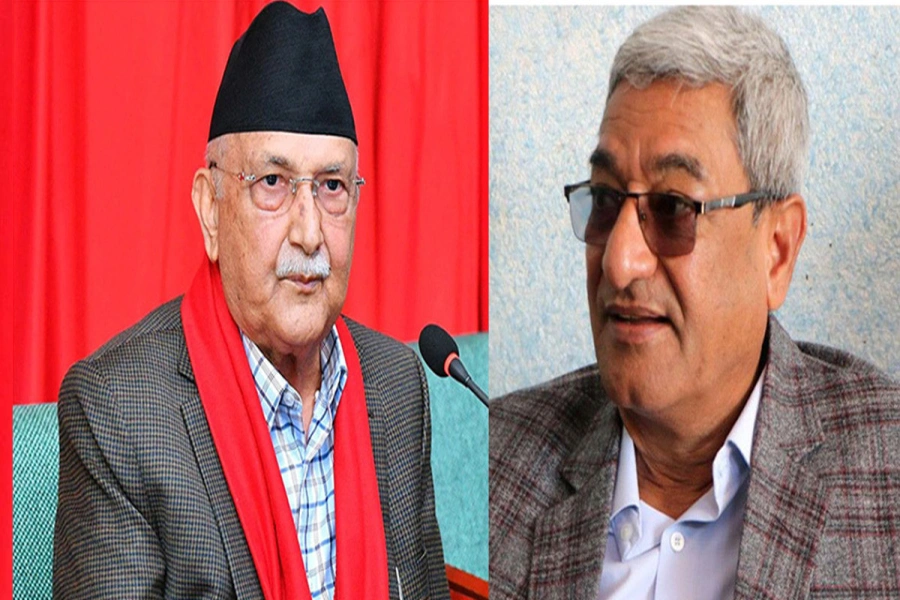


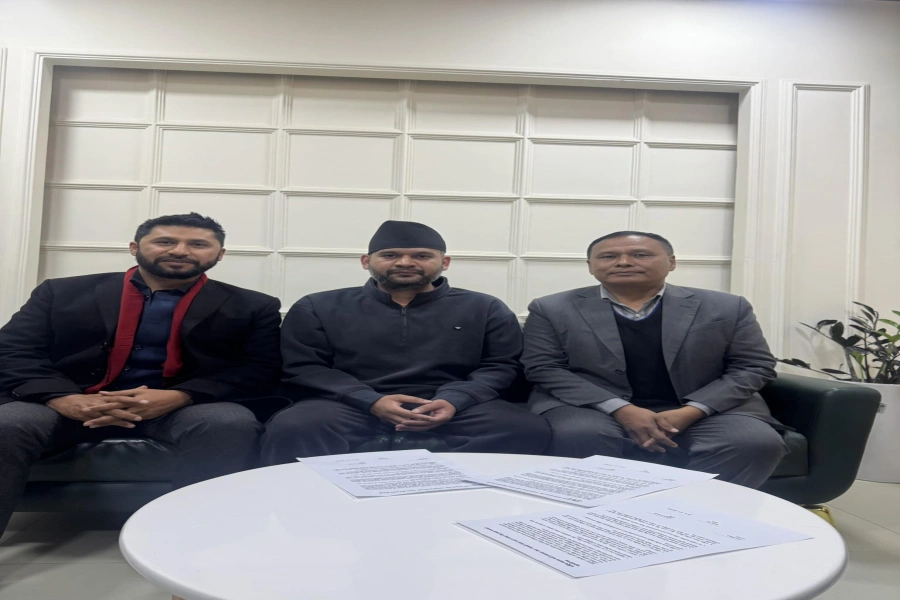

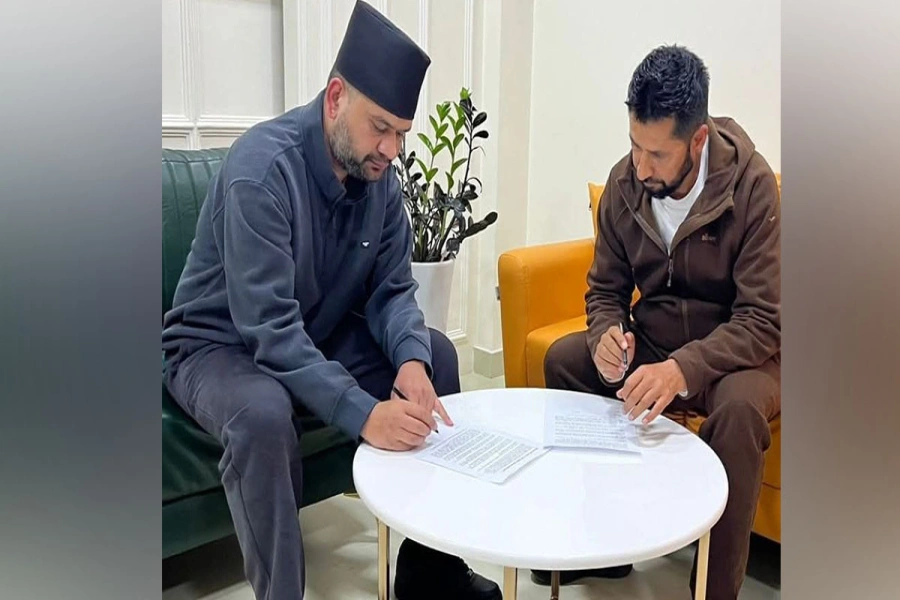


_20230114102317.jpg)


